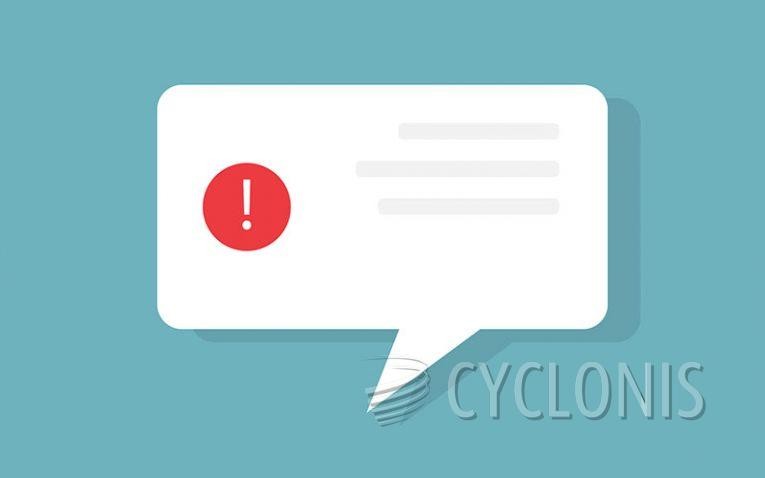'Ransomware EXE.01092-1_Alert' Pop-Up Scam

Our research team uncovered the "Ransomware EXE.01092-1_Alert" technical support fraud while conducting a routine examination of suspicious websites. This scheme is designed to trick users into thinking they have fake system infections, leading them to call a fraudulent support hotline.
It's worth noting that in some instances, the "Ransomware EXE.01092-1_Alert" pop-up is followed by the "Trojan:Slocker" scam. The website running this technical support scam appears to be the official Microsoft site, where multiple pop-ups appear, and the "Ransomware EXE.01092-1_Alert" window can be succeeded by the "Trojan:Slocker" scam. Visitors are warned about non-existent trojan and ransomware infections and are encouraged to reach out for support.
It's important to stress that all of these claims are untrue, and this scam has no connection to Microsoft Corporation or any of its products or services.
This scam may primarily occur during a phone call, where scammers impersonate support technicians to trick victims into revealing sensitive information, conducting financial transactions, or downloading and installing malware.
However, typical technical support scams often involve cybercriminals remotely accessing users' devices, which can elevate the level of potential threat to the victim even further.
How Can You Recognize a Tech Support Scam?
Recognizing a tech support scam is crucial to protect yourself from potential fraud. Here are some common signs to help you identify a tech support scam:
- Unsolicited Calls or Pop-ups: Legitimate tech support services usually do not initiate contact with you unless you've reached out to them first. If you receive an unsolicited call or a pop-up message claiming to be from tech support, be cautious.
- Claims of a Security Threat: Scammers often create a sense of urgency by claiming your computer is infected with viruses, malware, or other security threats. They may use scare tactics to pressure you into taking immediate action.
- Request for Remote Access: A common tactic in tech support scams is to ask for remote access to your computer. They'll claim they need to fix the alleged issues, but this allows scammers to potentially steal your data or install malware.
- Payment Requests: Tech support scammers may ask for payment upfront, claiming it's necessary to resolve the issue. Legitimate tech support services typically provide a cost estimate and ask for payment only after the problem is resolved.
- Impersonation of Well-Known Companies: Scammers often pretend to be from reputable companies like Microsoft, Apple, or your internet service provider. They may use fake logos and official-sounding language to appear legitimate.
- High-Pressure Sales Tactics: Scammers may use aggressive sales tactics to get you to agree to their services. They might insist on immediate action and threaten to disable your computer if you don't comply.
- Poor Grammar and Spelling: Many tech support scam messages and websites contain spelling and grammar errors. Legitimate companies usually maintain professional communication.








